Autumn Equinox, or "Qiufen," is the 16th solar term on the Chinese lunar calendar and begins on September 22 this year. The Autumn Equinox day sees the day and the night approximately equal in length, and the Chinese farmers' harvest festival coincides with this day each year.
In Guangdong, this solar term brings with it a host of time-honored traditions that connect communities with nature and the changing seasons. Here's a glimpse into how people in southern China celebrate this solar term.
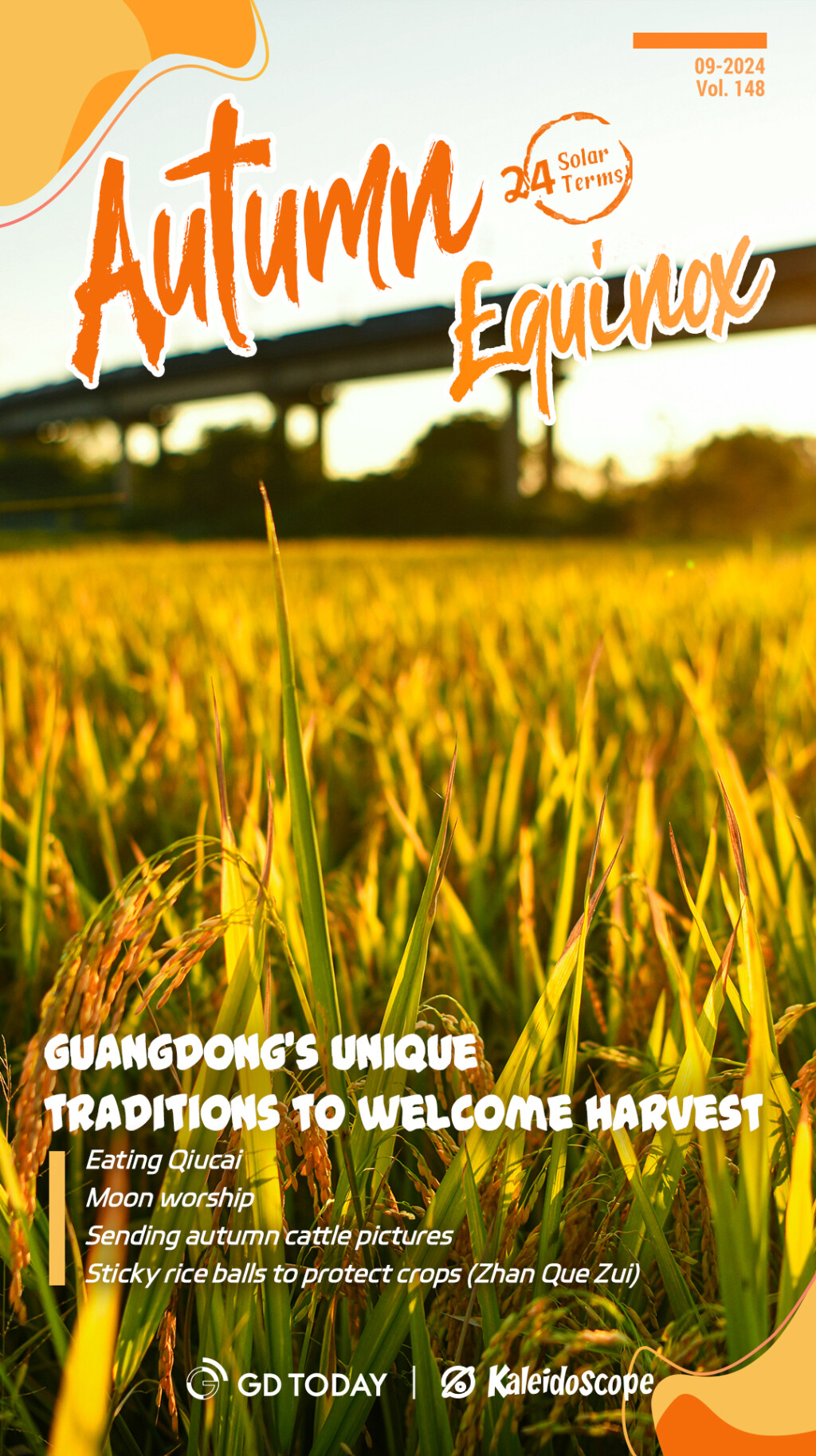
Eating Qiucai
One of the cherished traditions in Guangdong, especially in Jiangmen, is the custom of eating Qiucai (literally meaning autumn vegetable), a type of wild amaranth. On the Autumn Equinox day, villagers gather to pick this tender, slender green vegetable from the fields. Later, Qiucai is made into soup with fish, known as "Qiutang" (autumn soup). As the local saying goes, "Drink the soup to clear the liver and intestines, and the whole family will stay safe and healthy."
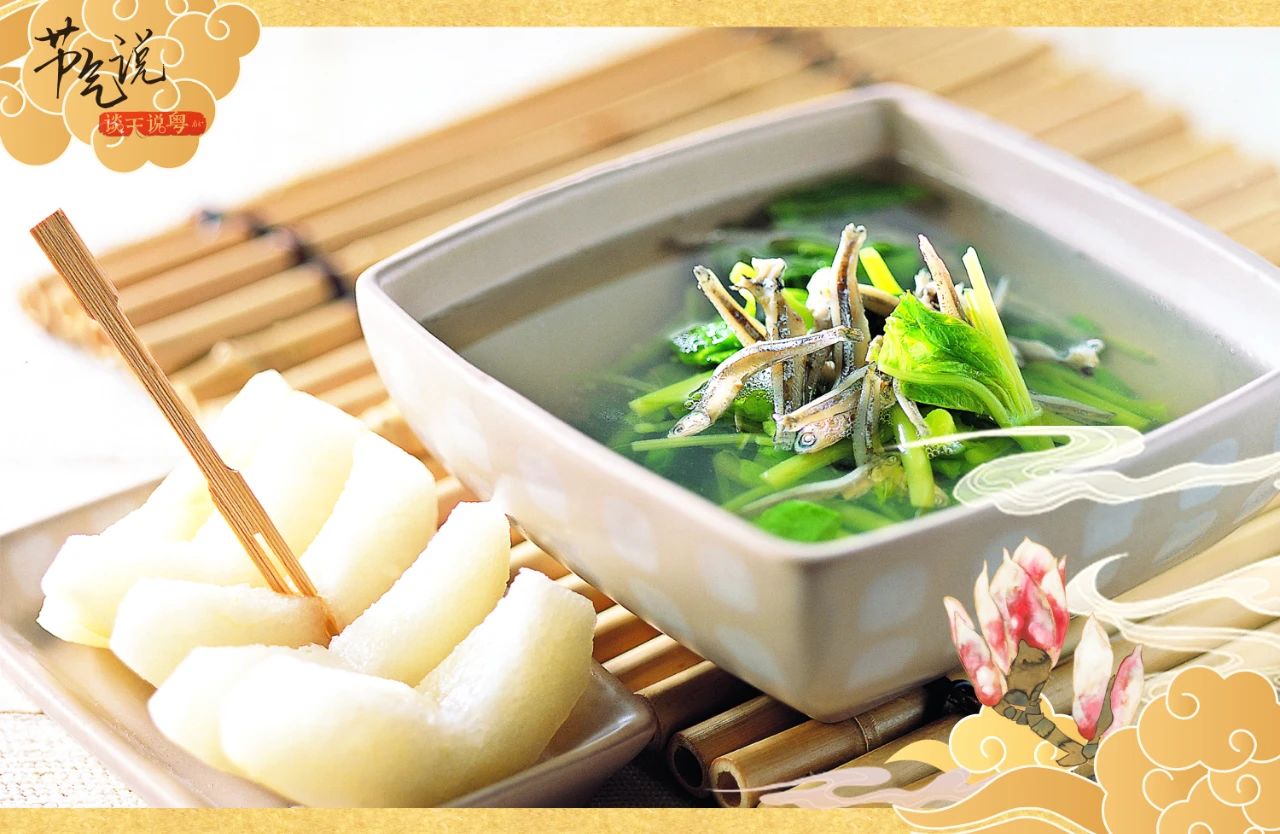
(Photo: Nanfang Plus)
Moon worship
Although moon worship is now commonly associated with the Mid-Autumn Festival, its origins can be traced back to the Autumn Equinox. In ancient China, sacrifices to the moon were made on this day, but as the equinox didn't always coincide with a full moon, the practice gradually shifted to the Mid-Autumn Festival. In some areas of Guangdong, however, the ancient ritual of moon worship on Autumn Equinox day still persists. People in these regions honor the Moon Goddess with taro and other offerings.
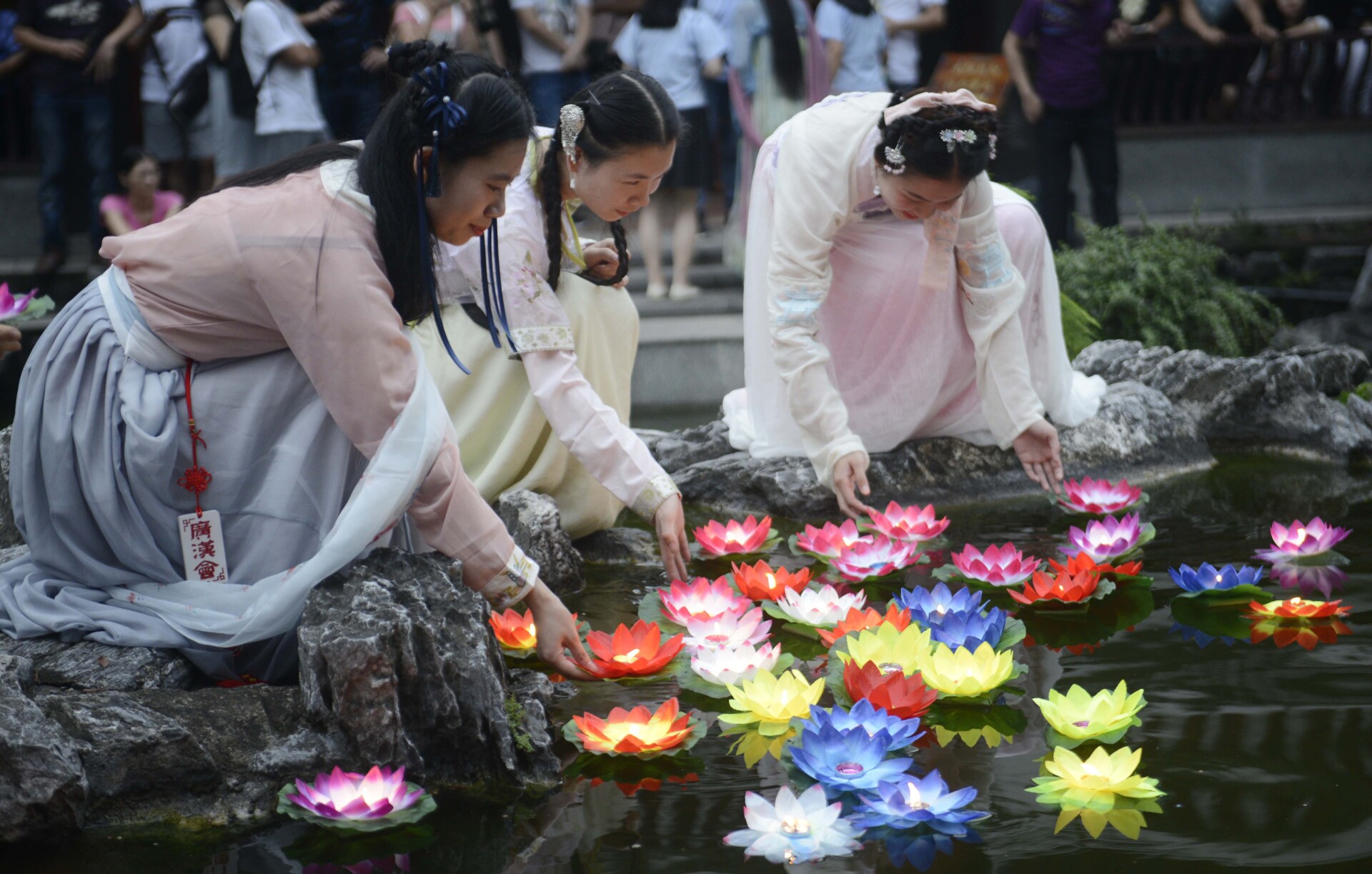
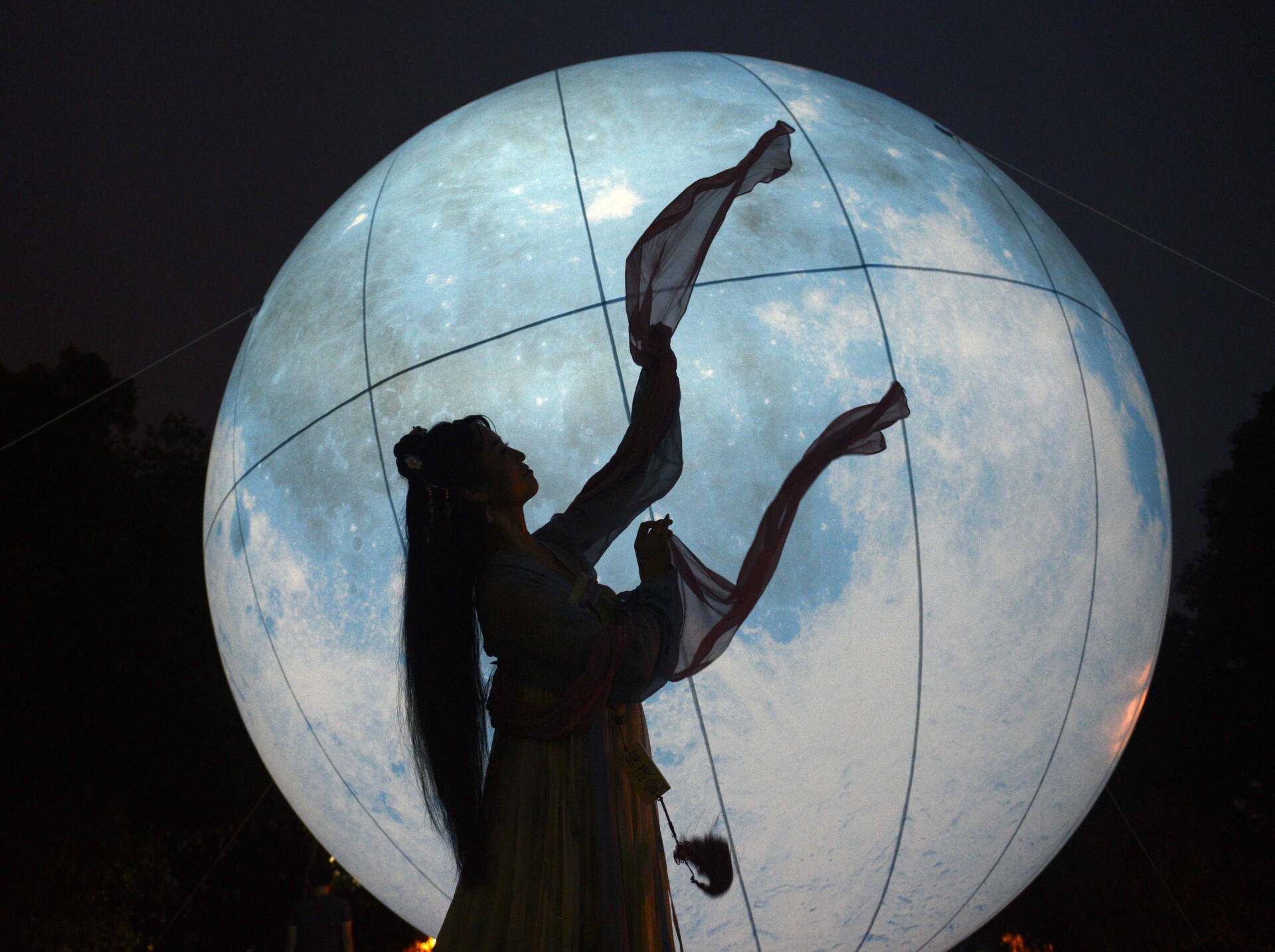
(Photo: Nanfang Daily)
Sending autumn cattle pictures
Another intriguing Autumn Equinox tradition in Guangdong is the practice of sending "autumn cattle" pictures. Printed on red or yellow paper, these images depict farming life alongside the year's solar terms. On the Autumn Equinox, some people distribute these pictures door-to-door, offering auspicious words for the upcoming agricultural season, known as "speaking of autumn." Through this custom, people convey information on seasonal changes in farming life.
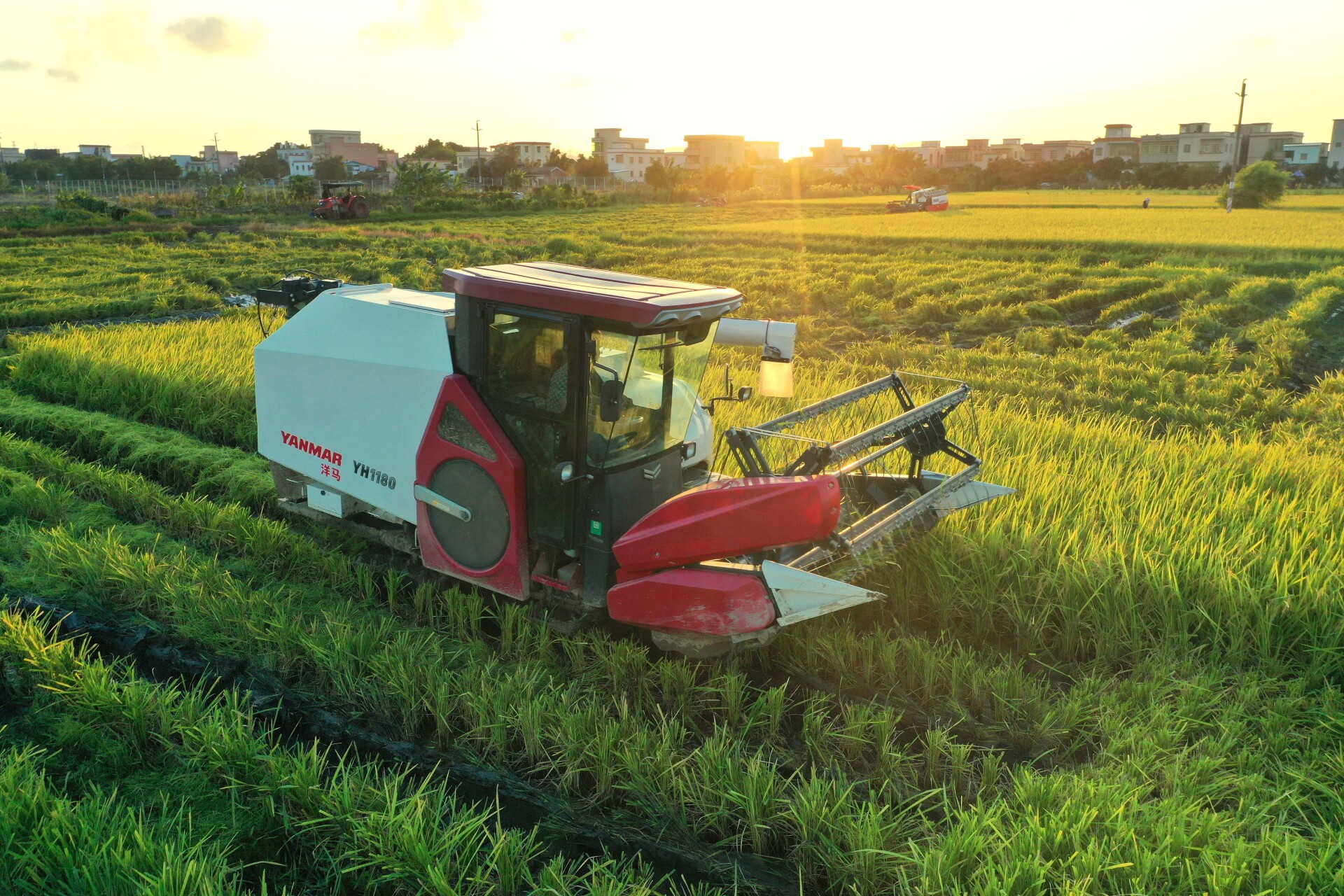
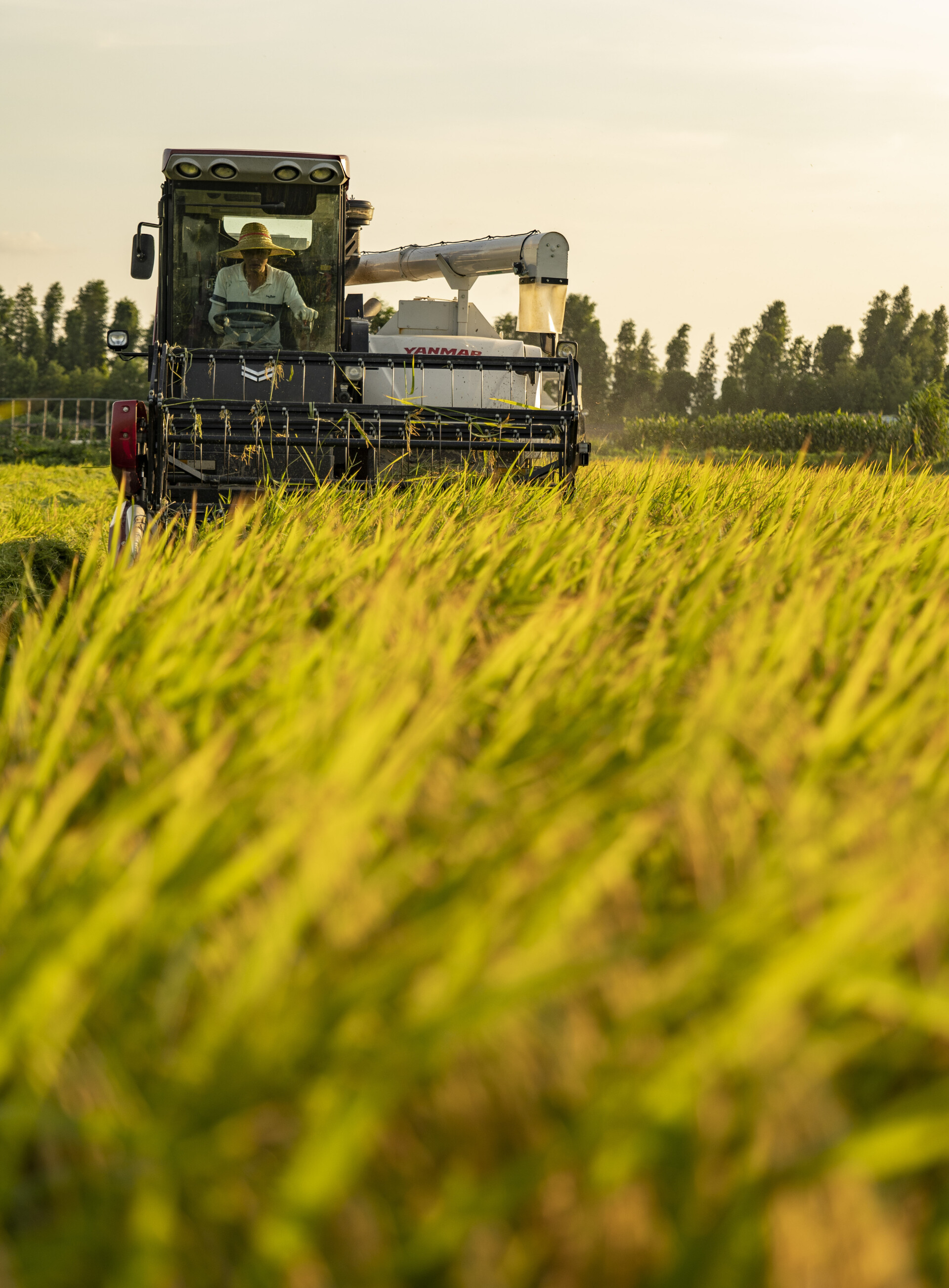
(Photo: Nanfang Daily)
Sticky rice balls to protect crops (Zhan Que Zui)
During the Autumn Equinox period, the Hakka people practice a unique custom to protect their crops from birds. They prepare sticky rice balls (tangyuan) without filling and place them at the edges of fields. Sparrows and other birds attracted to the treat get their beaks stuck on sticky rice, preventing them from eating crops. This tradition, called "Zhan Que Zui" (sticking the sparrow’s beak), symbolizes safeguarding the harvest during this crucial time of year.
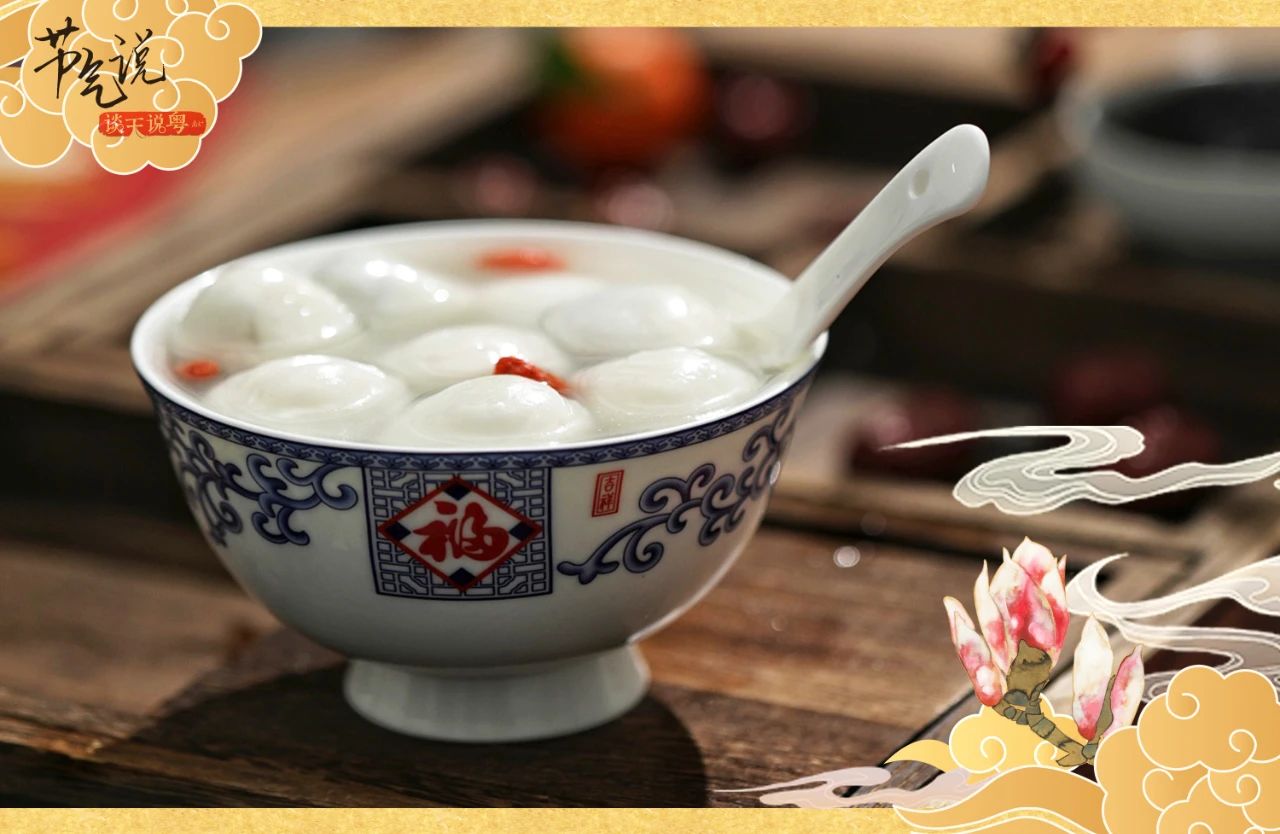
(Photo: Nanfang Plus)
Author: Holly
Poster: Jocelyn Cai
Editor: Monica, James
Source:GD TODAY
